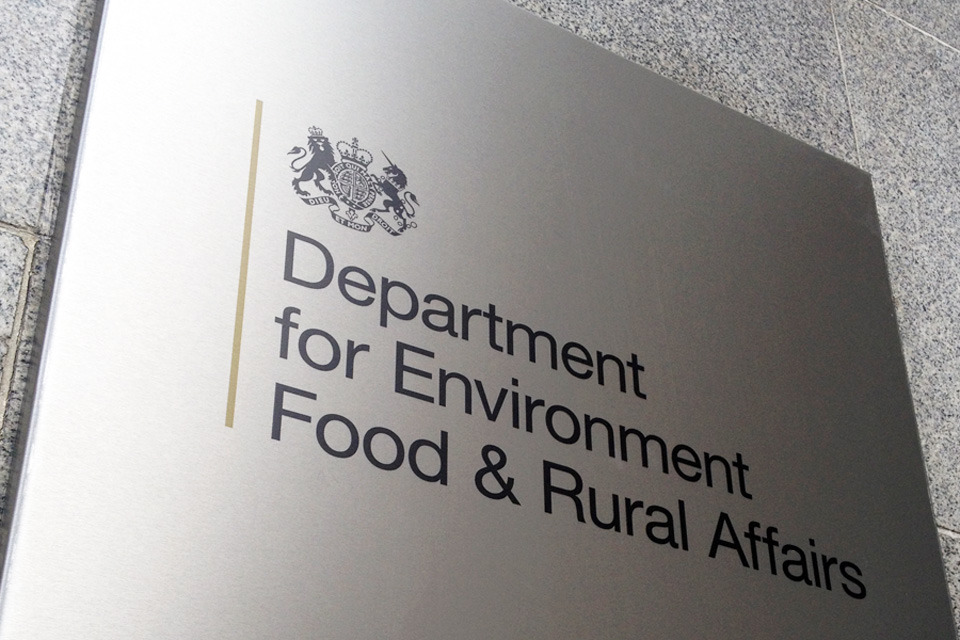Waste and resources strategy also reveals plans to create online tool to combat fly-tipping
Government departments will be asked to consider the environmental implications of major procurements and suppliers will be expected to demonstrate their sustainability credentials as part of an increased focus on providing greater social value through procurement processes.
A long-awaited resources and waste strategy for England published by the Department for Food, Environment and Rural Affairs said that sustainability will be part of a “strategic and robust approach” to procurement with social value at its core.
“More sustainable government procurement can help to generate less waste, and also increase demand for more resource-efficient goods and services and stimulate innovation,” the strategy said.
Plans to make social value a metric in assessments of contractors for government work were announced by Cabinet Office minister David Lidington in July, in a bid to rebuild public confidence following the collapse of the outsourcing giant Carillion.
At the time, Lidington said the government wanted to see “public services delivered with values at their heart, where the wider social benefits matter and are recognised”.
Related content
- Waltham Forest launches Twitter chatbot for fly-tipping reports
- Major outsourcers to build failure contingency plans into government contracts
- Cloud hosting ‘critical’ to sustainability, says Defra CTO
The new procurement rules, which will come into force next year, will help to sustain UN Development Goal 12, to improve the sustainability of consumption and production patterns, the waste and resources strategy said. The new guidelines will apply to “major government procurement projects in construction, infrastructure and capital investment” – including large-scale technology investments.
To support the rule change, the civil service will train its 4,000 commercial buyers on how to take account of social value of suppliers and procure from social enterprises, it said. This will involve assessing projects and suppliers via a “balanced scorecard”.
The strategy also revealed that the government will encourage the wider public sector to adopt the same methods of assessing the social value of potential suppliers while also working to “ensure the market is ready to meet new requirements and bid for contracts effectively”. There will be a particular focus in this regard on helping SMEs and social enterprises.
The Crown Commercial Service will also focus on “embedding demand for more resource efficient goods and services into [its] commercial agreements”, the strategy added.
Elsewhere in the strategy, the government announced that it will establish an online tool to help local authorities get a grip on the problem of fly-tipping. The service, which will be hosted by the National Fly-tipping Prevention Group, will provide guidance for councils on how they can use tech to provide new platforms for reporting fly-tipping, as well as how best to share information with other agencies and commercial partners.



